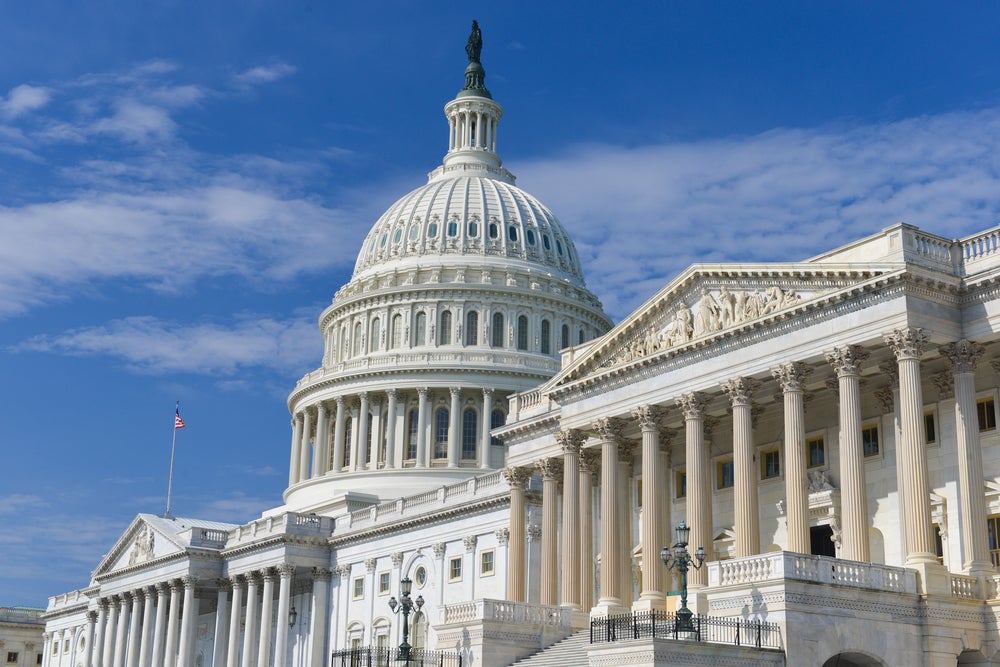
The AAFA has asked US congress to use its authority to bring ongoing rail transport labour contract negotiations to a successful conclusion this month and has also asked the Federal Maritime Commission to issue an emergency order to address congestion in the carriage of goods ahead of apparel’s busy holiday season.
The letter to congress which was dated yesterday (13 September) states: “On behalf of the American Apparel & Footwear Association (AAFA), the national association of the apparel, footwear, and related products industries, I am writing to urge congress to use its authority under Federal law to bring the ongoing rail labour contract negotiations to a successful conclusion as soon as possible.”
AAFA president and CEO Steve Lamar explains most (10 of the 12) unions representing rail workers have reached a new labour contract with railroads based on the recommendations of the Presidential Emergency Board (PEB), which, he believes by all accounts, represents a good, fair, and reasonable deal for all stakeholders.
Tackling transport issues ahead of the US apparel holiday season
He says: “If the remaining parties don’t reach a deal before 16 September, the end of the official cooling off period, we urge congress to use its authority under Federal law to impose the PEB recommendations before any threatened strike.”
Lamar points out that a strike is estimated to cost the US economy US$2bn a day and will negatively impact countless millions of American workers.
See Also:
The AAFA also explains that almost all apparel, footwear and travel goods (98%) sold in the US are imported and the sector’s 3m US workers depend on a smooth supply chain.
How well do you really know your competitors?
Access the most comprehensive Company Profiles on the market, powered by GlobalData. Save hours of research. Gain competitive edge.

Thank you!
Your download email will arrive shortly
Not ready to buy yet? Download a free sample
We are confident about the unique quality of our Company Profiles. However, we want you to make the most beneficial decision for your business, so we offer a free sample that you can download by submitting the below form
By GlobalData“Rail, particularly intermodal, is an increasingly important piece of the puzzle as we work to bring the right clothes, shoes, and accessories to American families at the right time, and at the right price.”
The AAFA’s letter to the Federal Maritime Commission (dated 13 September) also highlights the apparel sector’s dependence on imported goods, but adds: “However, over the last two years, we have paid three to five times more to experience a severe deterioration of service and an explosion of unjust and exorbitant fees.”
Lamar is urging the Federal Maritime Commission (FMC) to use its authority to issue an emergency order on information sharing to address congestion in the carriage of goods as despite spot rates falling recently, he says they are still two to three times what they were only two years ago.
He explains: “As we approach the critical holiday shopping season, an emergency order from the FMC requiring information sharing would enable the FMC to establish and implement data standards and data sharing to provide full, real time transparency for what is happening at the ports to all stakeholders and provide all stakeholders the data necessary to compare data in an apples to apples format. That information could help importers, our members, make better, more informed decisions to mitigate the impact of port congestion on their shipments.”
The AAFA says the supply chain crisis of the last two years have been particularly challenging for the apparel and footwear industry, leading to severe delays, empty store shelves, and rising prices at the cash register, all of which have contributed to inflation on basic necessities like clothes and shoes that has exacerbated the growing inflation that has permeated the entire US economy.







